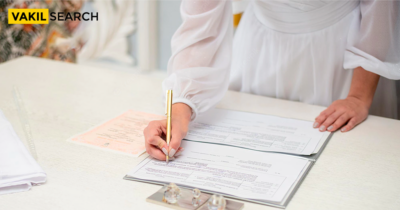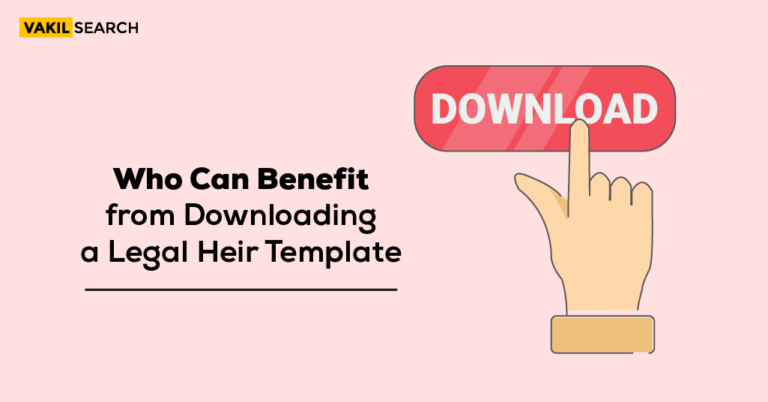The Supreme Court ruled in August, 2020, that daughters would have equal coparcener rights in HUF properties regardless of whether their father coparcener died before the amendment to the Hindu Succession Act, 1956. According to the court's judgement, daughters should receive equal coparceny rights in share of property as sons.
Probate, Succession Certificate & Legal Heir Certificate
Although a probate, succession certificate and legal heir certificate are all convergent at one single aim of distributing property of the deceased while giving effect to the desire of the deceased person, they are different in their process and consequences.
Getting a legal heir certificate is often the first step and is simpler whereas getting a probate requires a detailed procedure which may also not be mandatory in most cases. Enlisted here are the various dynamics of these legal tools for the inheritance of property-
|
Basis |
Will Probate |
Succession Certificate |
Legal heir Certificate |
| Why is it required? | There may be duplicity in Wills, or one heir may contest the reliability of the will. In such a case, for establishing the genuineness of the Will and vesting rights such as collection, disposal and distribution of the property in the Executor named in the Will or appointed by the court, a probate is required. | For a movable property like the provident fund, bank deposits, shares, loans, or other securities, a succession certificate is required. It not only facilitates the collection of debts on succession but also affords protection to the parties paying debts to the representatives of the deceased person, as the successor collects the debt as a trustee. | Relied on by banks and companies for transfer of payment, a Legal Heir Certificate has the ability to transfer patta for a property from the name of the deceased person to their names, collect payments of ex-gratia claims payable by the government to the deceased person etc. |
| Who has the responsibility to get it issued? | Administrator or Executor of a Will | Legal Heirs | Legal Heirs |
| Who has jurisdiction to grant a certificate | Principal Court of Original Jurisdiction or before the High Court (as it has concurrent jurisdiction) | The District Judge within whose jurisdiction the deceased ordinarily resided at the time of his death, or, if at that time had no fixed place of residence, the District Judge, within whose jurisdiction any part of the property of the deceased may be found, may grant a certificate | Revenue Officer of the Taluq |
| Consequence | An Executor steps in the shoes of the deceased to manage and distribute the property among heirs | The person to whom the certificate is granted can receive interest or dividends on the property and may also negotiate or transfer the same. | This certificate can be used to claim amounts due to the deceased as it establishes the relationship of the legal heir. |
| Effect of subsequent probate | A subsequent probate supersedes the grant of Succession Certificate. | – | – |
| Proof of representative title | Probate is a valid proof of representative title | A succession certificate is a valid proof of representative title | Legal heir certificate is although a prima facie proof, it is not a conclusive one. |
| Ease of obtaining | Slightly more difficult than Legal Heir certificate process as a petition needs to be filed before a competent court along with court fee. | Slightly more difficult than Legal Heir certificate process as a petition needs to be filed before a competent court along with court fee. | Easiest, as it only requires a proof of relationship to be established before the Revenue officer |
| Documents required | Fee (calculated on the value of assets), Original Will of the deceased, Death Certificate, Title Deeds pertaining to the immovable property mentioned in the Will, Documents pertaining to the movables mentioned in the Will | Requisite court fee, supporting documents such as names of family members, details of debts and securities for which the certificate is applied. Moreover, a no objections certificate from family members may be required or the court may insist on oral verification of the same. | Although each state may prescribe a set of documents, generally, the following are required- Death certificate, Service certificate issued by the head of the department/office in case of serving employee, Aadhar card, Pensioner payment slip, if any and family members names and relationship |
Conclusion
With regards to obtaining Probate, Succession Certificate & Legal Heir Certificate, you may find the information provided helpful.










